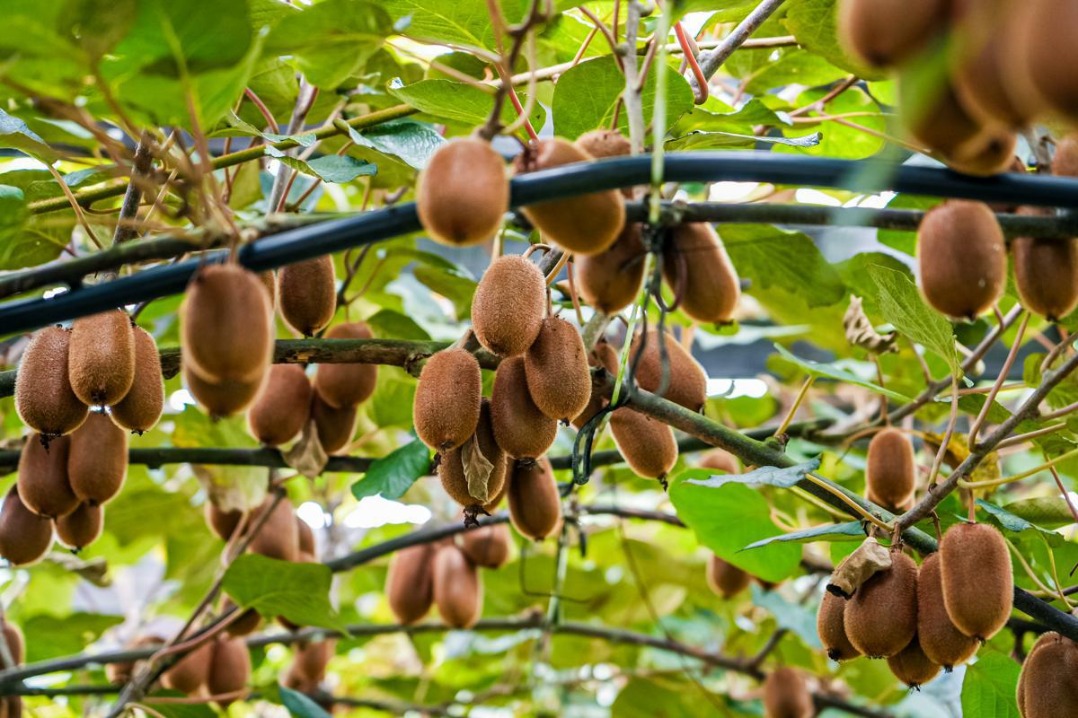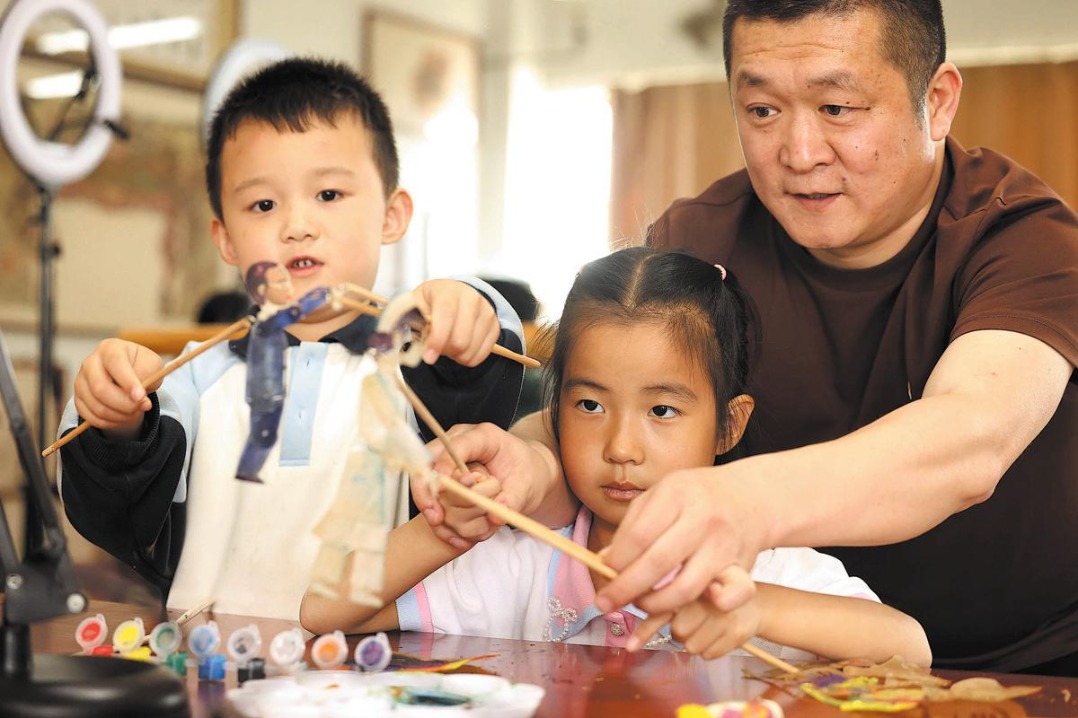Chinese researchers develop new strategy for treating aggressive breast cancer

SHANGHAI -- Chinese scientists have developed a new strategy for treating a form of highly aggressive breast cancer by converting treatment-resistant tumors to a more treatable state.
The study published on Thursday in the journal Science Translational Medicine unveiled this new approach, which can be integrated into existing regimens to improve outcomes in patients with deadly triple-negative breast cancer.
The researchers from Fudan University analyzed the metabolism of tumor samples from 401 patients with varying homologous recombination deficiency scores. The scores reflect a tumor's response to DNA-damaging drugs and those patients with a low deficiency score tend not to respond.
Researchers identified one molecule called GDP-M that impedes DNA repair of the tumor cells and raises the patient's deficiency scores, primarily by promoting the degradation of a cancer-linked protein.
In a mouse model, supplements of the molecule made the breast tumors more responsive to approved DNA-damaging drugs such as cisplatin and boosted antitumor immunity, according to the study.
Also, GDP-M was shown in the lab to be capable of empowering a class of targeted agents for breast cancer treatment called PARP inhibitors.
The new finding points to a clinical strategy combining GDP-M with other DNA repair-targeted therapy, said the researchers.
- Wondrous Xinjiang: Aquaculture thrives in China's Taklimakan Desert
- New regulation adjusts jurisdiction of internet courts
- Over 200m rail passenger trips recorded during holiday period
- Yunnan official turns self in for suspected violations of disciplines and laws
- China's renovation projects for old residential compounds benefit over 110 million since 2021: minister
- Exclusive: Sit down with German sinologist Helwig Schmidt-Glintzer





































